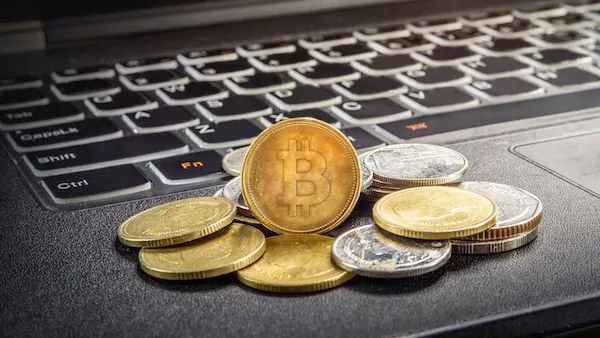Why Do Government Authorities Have Different Opinions Regarding Bitcoin?

After the release of bitcoin, the digital token has created multiple news and has acquired the spotlight in the mainstream market. Cryptocurrency enthusiast classifies bitcoin as the emerging monetary system, and according to them, bitcoin might overtake the fiat in the future.
On the other hand, decriers are addressing the utilization of bitcoin for money laundering and illicit activities like funding terror activities. But, the actuality is in between both of these. In the meantime, governments of different regions are passing different statements regarding bitcoin. For example, in El Salvador, the bitcoin hotspot has recently classified bitcoin as a legal tender. The dollar and bitcoin are the two national currencies of El Salvador.
El Salvador is the only country to do so, as other countries like the United States, Canada, India, and China have strictly refused. To know more about bitcoin trading, check Bitcoin Smarter trading Bot. Every country has its reasons for not classifying bitcoin as a national currency. Bitcoin can potentially remove the middlemen from the financial segment and decentralized financial infrastructure.
As per some mainstream economists, bitcoin permits an individual to process funding and transactions without the support of financial authorities. Therefore, Bitcoin does not follow the rules imposed by the government for fiat currencies. That is why governments are making specialized cryptocurrency regulations and panels for regulating them. Let’s find out why the government’s point of view varies on bitcoin.
Is bitcoin destabilizing the cycle of faith?
Bitcoin comes up with innovative technologies that the world has never seen before. With the help of these technologies, the network can potentially rule out the traditional financial segment. Moreover, Bitcoin’s network is entirely away from third parties and even the rules of government authorities for fiat currencies.
The fact might astound you that bitcoin doesn’t even need a national bank’s support as you can privately create your bitcoin unit, which is not the case with fiat currencies. The national bank controls, issues, and generates fiat currencies in traditional financial infrastructure. On the contrary, the bitcoin-to-peer network ensures safe and secure transactions between the parties participating in that transaction.
Blockchain does not upload the transaction if any node disapproves the transaction. Therefore, blockchain is famous as a central ledger with the entire bitcoin exchange and transaction history.
As per cryptocurrency experts, blockchain can rearrange the financial segment. Currently, the majority of the financial segment.
Why are governments Wary of bitcoin?
Government authorities across the globe are putting their best effort into acknowledging the impact of digital currencies on the financial infrastructure. But, keeping it short, government authorities are concentrating on the three huge problems.
Bitcoin can mitigate government imposed capital controls!
The government of any region has imposed a set of capital controls to decline the probability of outflows of fiat. Cryptocurrency enthusiasts consider these capital controls a government-led policy to dominate the financial segment.
Does bitcoin lead to illicit activities?
The potential to overtake any country’s traditional ongoing financial infrastructure is a boon for hackers, terror squads, and other criminals. Undeniably, using bitcoin as an alternate payment method might cover up their illicit activities. But it does that only to some extent, as bitcoin transactions are not entirely anonymous.
Bitcoin offers us the feature of pseudonymous transactions, which means government authorities can still track the transactions. Private Cryptocurrencies like Monero offer anonymous transactions as these digital currencies’ blockchain is not public, and no one can access the blockchain. However, that does not mean bitcoin is not being utilized for prohibited activities. The best example is the Silk Road case.
Bitcoin comes up with zero regulations!
Satoshi Nakamoto authorized this virtual coin a decade before, but still, government authorities are trying to impose some robust cryptocurrency regulations. Countries like the United States consider bitcoin a money service business, but the United States is speculated to develop stricter cryptocurrency regulations.
China has announced a cryptocurrency crackdown banning both cryptocurrency mining and trading. Furthermore, no country accepts bitcoin as a national currency except El Salvador. Even World Bank has warned El Salvador about this move, but it has not harmed the country.

